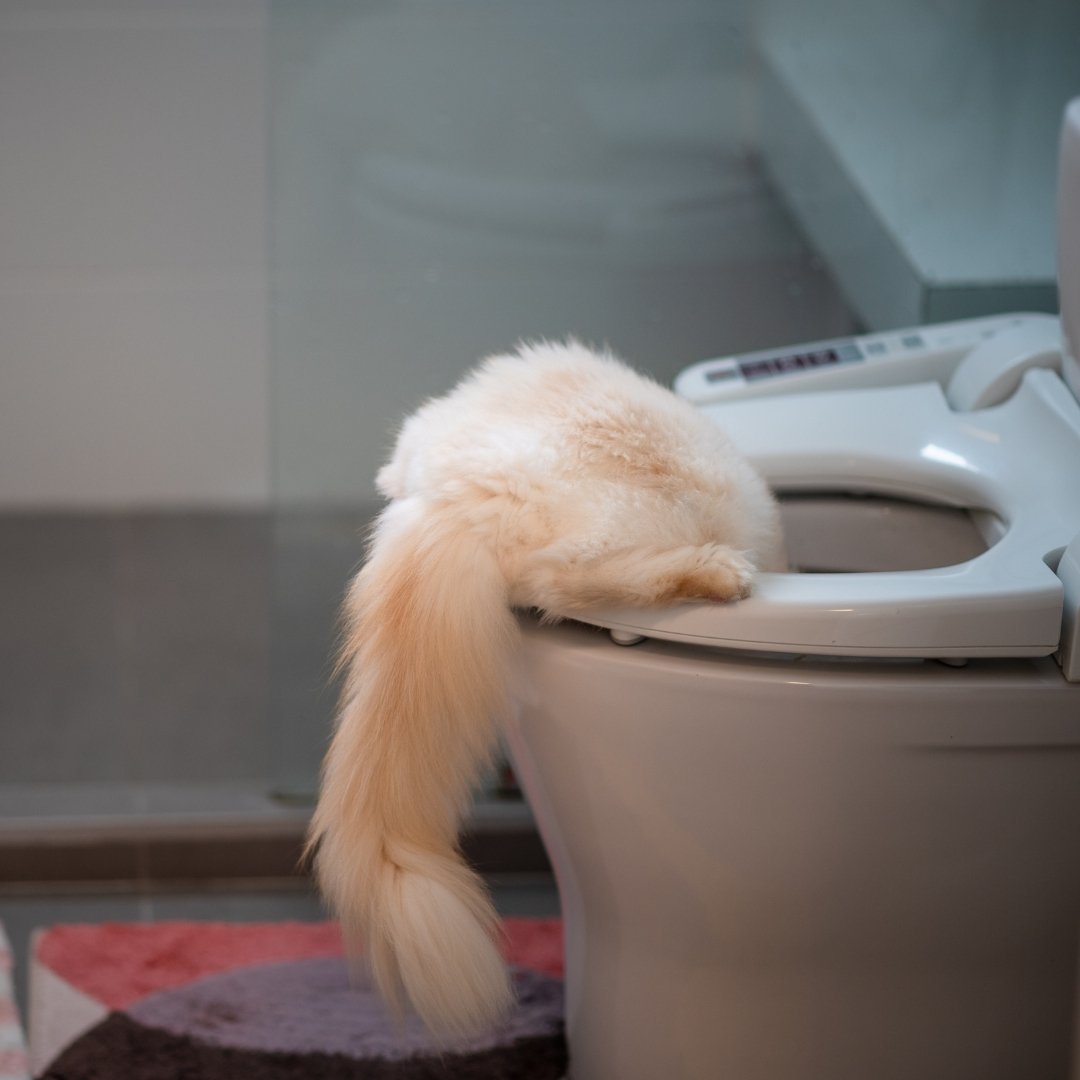Reasons You Shouldn't Flush Cat Poop Down Your Toilet - Preserve Your Plumbing System
Reasons You Shouldn't Flush Cat Poop Down Your Toilet - Preserve Your Plumbing System
Blog Article
Just about every person has got their private perception with regards to How to Dispose of Cat Poop and Litter Without Plastic Bags.
:max_bytes(150000):strip_icc()/0S1A1090-49a8e2c66f8e41d6901f2559787a7f24.jpg)
Introduction
As cat owners, it's important to be mindful of exactly how we get rid of our feline buddies' waste. While it may seem hassle-free to purge feline poop down the bathroom, this practice can have damaging consequences for both the environment and human health and wellness.
Ecological Impact
Purging cat poop presents unsafe virus and parasites into the water supply, presenting a substantial risk to marine environments. These contaminants can adversely impact aquatic life and compromise water high quality.
Health Risks
Along with environmental concerns, flushing cat waste can also pose health and wellness risks to people. Pet cat feces might contain Toxoplasma gondii, a bloodsucker that can create toxoplasmosis-- a possibly extreme disease, especially for expectant ladies and individuals with weakened body immune systems.
Alternatives to Flushing
Fortunately, there are more secure and more liable ways to take care of feline poop. Think about the complying with options:
1. Scoop and Dispose in Trash
One of the most common method of dealing with cat poop is to scoop it right into an eco-friendly bag and throw it in the garbage. Make certain to utilize a devoted clutter scoop and throw away the waste immediately.
2. Usage Biodegradable Litter
Choose eco-friendly feline trash made from products such as corn or wheat. These litters are environmentally friendly and can be securely disposed of in the garbage.
3. Hide in the Yard
If you have a backyard, consider hiding pet cat waste in a designated area away from vegetable gardens and water resources. Be sure to dig deep enough to prevent contamination of groundwater.
4. Set Up a Pet Waste Disposal System
Purchase an animal waste disposal system particularly developed for feline waste. These systems use enzymes to break down the waste, decreasing smell and environmental effect.
Conclusion
Accountable pet dog ownership expands past giving food and sanctuary-- it likewise involves proper waste monitoring. By refraining from flushing feline poop down the toilet and selecting alternative disposal approaches, we can reduce our ecological impact and safeguard human health.
Why You Should Never Flush Cat Poop Down the Toilet
A rose by any other name might smell as sweet, but not all poop is created equal. Toilets, and our sewage systems, are designed for human excrement, not animal waste. It might seem like it couldn’t hurt to toss cat feces into the loo, but it’s not a good idea to flush cat poop in the toilet.
First and foremost, assuming your cat uses a litter box, any waste is going to have litter on it. And even the smallest amount of litter can wreak havoc on plumbing.
Over time, small amounts build up, filling up your septic system. Most litter sold today is clumping; it is made from a type of clay that hardens when it gets wet. Ever tried to scrape old clumps from the bottom of a litter box? You know just how cement-hard it can get!
Now imagine just a small clump of that stuck in your pipes. A simple de-clogger like Drano isn’t going to cut it. And that means it’s going to cost you big time to fix it.
Parasitic Contamination
Believe it or not, your healthy kitty may be harboring a nasty parasite. Only cats excrete Toxoplasma in their feces. Yet it rarely causes serious health issues in the cats that are infected. Most people will be fine too if infected. Only pregnant women and people with compromised immune systems are at risk. (If you’ve ever heard how women who are expecting are excused from litter cleaning duty, Toxoplasma is why.)
But other animals may have a problem if infected with the parasite. And human water treatment systems aren’t designed to handle it. As a result, the systems don’t remove the parasite before discharging wastewater into local waterways. Fish, shellfish, and other marine life — otters in particular — are susceptible to toxoplasma. If exposed, most will end up with brain damage and many will die.
Depending on the species of fish, they may end up on someone’s fish hook and, ultimately on someone’s dinner plate. If that someone has a chronic illness, they’re at risk.
Skip the Toilet Training
We know there are folks out there who like to toilet train their cats. And we give them props, it takes a lot of work. But thanks to the toxoplasma, it’s not a good idea.

Do you appreciate more info about How to Dispose of Cat Poop and Litter Without Plastic Bags? Make a remark below. We would be glad to hear your opinion about this review. We are looking forward that you visit us again soon. Please take the time to distribute this blog if you enjoyed it. Many thanks for taking the time to read it.
Request Free Estimate Report this page